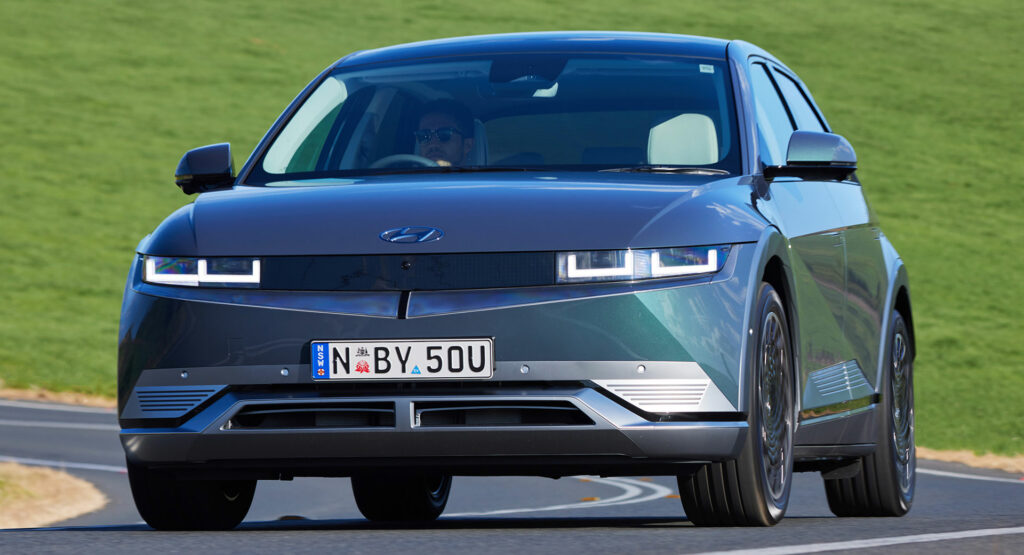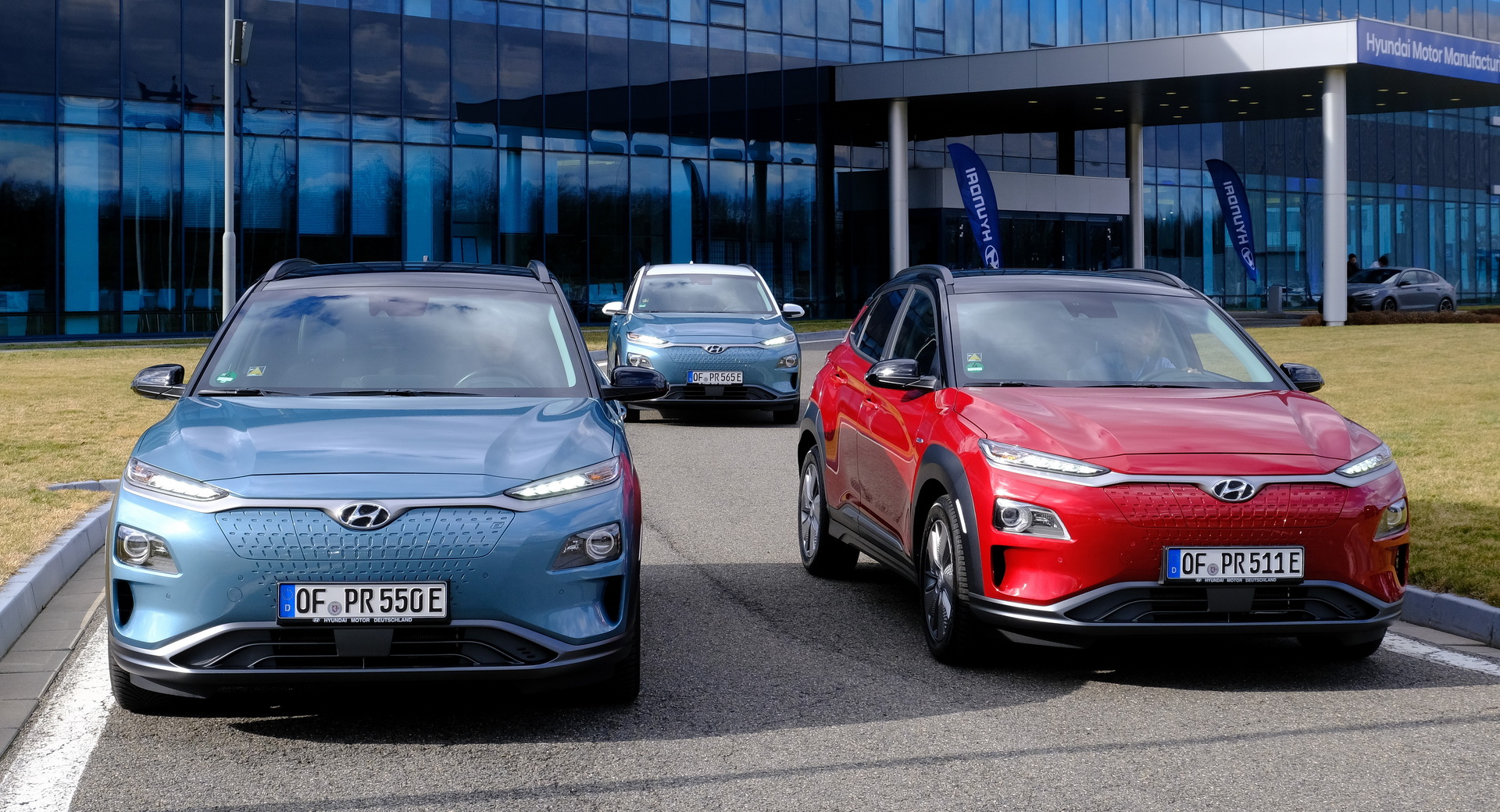Hyundai may accelerate its plans for the construction of an electric vehicle and battery manufacturing plant in the United States to as early as this year.
The South Korean car manufacturer had originally intended on breaking ground at the Georgia facility in early 2023 with the aim of starting commercial production in the first half of 2025. However, newly-signed U.S. laws enacted by President Joe Biden that reserve EV tax credits to vehicles assembled in North America may prompt Hyundai to tweak its plans.
Reuters says that the carmaker is considering starting construction of the plant later this year and that production could commence in the second half of 2024.
Hyundai has not commented on the report.
Read Also: Hyundai Motor Group To Build New EV And Battery Plant In Georgia Creating 8,100 Jobs
South Korean Foreign Minister Park Jin recently expressed his concerns over the new U.S. legislation while speaking with U.S. Secretary of State Antony Blinken. The country will also review whether to file a complaint at the World Trade Organization of the U.S. Inflation Reduction Act, citing concerns that the laws could violate WTO rules, as well as a bilateral free trade deal between South Korea and the United States.
The U.S. Inflation Reduction Act retains the long-standing $7,500 maximum tax credit but scraps the 200,000-unit production limit. However, vehicles must now be manufactured in North America to qualify and need at least 40 per cent of their battery materials to be sourced in the U.S. or from a U.S. trading partner. Cars must also cost less than $55,000 and vans, trucks, and SUVs cannot be priced at over $80,000.
A plethora of EVs from the Hyundai Motor Group do not meet these eligibility requirements. These include the Genesis GV60, Genesis G80 Electrified, Hyundai Kona Electric, Hyundai Ioniq 5, Hyundai Ioniq 6, Kia EV6, and Kia Niro EV, all of which are currently built exclusively in South Korea.





